When launching a medtech device in any new market, there are typically challenges to overcome. However, the European Union is widely accepted as being an easier market to overcome compared to the USA. Essentially, there are three steps to follow to ensure it is a more efficient process:
• Authorisation
• Reimbursement
• Route to Market
Authorisation – A Key Factor to Medtech Green Light
In Europe, every marketed medical device must carry a Conformité Européenne (CE) mark indicating that it conforms to relevant directives set forth in the EC Medical Device Directives. “Once your product is classified as a medical device and gets CE accreditation, it can be commercialised in any EU market,” advises Jean Charles Moczarski at Enterprise Ireland’s Paris office.
Non-implantable medical devices are considered low risk meaning manufacturers themselves can certify compliance and apply a CE mark. Higher risk devices must undergo an external review and may require clinical and/or non-clinical evidence to support approval.
The application can be filed in any member state and is reviewed by a ‘notified body’ authorised by that state’s competent authority. Currently, there are over 70 notified bodies operating in the EU; typically, these are for-profit, private companies.
The European regulatory process is an easier place to start, agrees Atlantic Therapeutics CEO Steve Atkinson. Atlantic Therapeutics has offices in Galway, London, and Salem in Germany. It attracted €15 million in venture capital to expand market reach for Innovo, a non-intrusive device to treat urinary incontinence by strengthening pelvic floor muscles. Moreover, European Union authorisation has helped open doors for Innovo in the Middle East due to the similarities between the EU and local regulatory regimes.
In contrast, medical device approval is overseen by a single authority in the USA – the Federal Drugs Administration (FDA).
In a comparison of the two systems published in 2016, Gail Van Norman noted, “Before approval of a medical device in the United States, a device must not only be shown to be safe, but efficacious. Medical devices approved in Europe need only to demonstrate safety and performance – they are not required to demonstrate clinical efficacy.”
Cork-based start-up PMD Solutions has developed RespiraSense as a continuous and accurate, discrete sensor that measures the mechanics of respiration in general ward patients who are at risk of adverse events until discharged from hospitals. The device has been trialled in hospitals in Ireland, Europe and Asia.
Having selected Europe as an initial target market, CEO Myles Murray says,
“It’s all about resources. SMEs need to be strategic about the territory they enter. The European CE pathway, although still rigorous, can be easier.”
If European industry and patient lobby groups have their way, this advantage will remain. However, it could be a case of watch this space. Proposed amendments to Europe’s medical device regulations, which would bring it closer to the US system, include involving the European Medical Agency in device regulation, tightening controls over notified bodies and requiring more rigorous clinical evidence.
Reimbursement: What you need to know to help green light your Medtech Device
Step two involves getting on the ‘approved list’ for reimbursement, so that customers – whether a hospital or patient – will be reimbursed by the relevant health insurer, if they purchase the device.
SMEs often make the mistake of assuming the data they have used to file for the CE mark will be sufficient to include them on a territory’s qualified list of products and services for reimbursement. In the era of value-based healthcare, companies need to prove that their product will deliver clinical, economic and, for patients, quality-of-life benefits.
Additionally, success in one European market does not offer a free pass to the next one. Companies should understand the various reimbursement schemes operating in intended target markets and consider what additional evidence might be required when setting up a clinical study. Specifically, they should analyse existing reimbursement arrangements for their product type or alternatively, work on getting a new procedural coding.
The Haute Autorité de Santé assesses whether a product should be made eligible for reimbursement by France’s national health insurance, based on clinical trial evidence and added clinical value. If the benefits are determined to be sufficient, the medical device is registered on a list qualifying it for reimbursement. The manufacturer then negotiates a reimbursement with the public pricing committee, or CEPS as it’s known, based on the clinical value and how it compares to existing products or therapies.
Atlantic Therapeutics found the French market relatively easy to navigate since a product code already existed for devices of Innovo’s type, allowing for reimbursement for homecare use. If Innovo is prescribed by a French doctor, the patient can simply call into a pharmacy with the reimbursement code to collect it.
The French medical device market is the second largest in Western Europe and the fifth largest in the world. Its formidable healthcare system has one of the highest spends in Europe representing 11.6% of GDP. Public health chalks up 78% of the total spend and the country is in the midst of a hospital investment programme. In Germany, healthcare expenditure represents around 11% GDP.
“The German healthcare market is unique because 90% of it is public, dominated by statutory health insurance,” says Marco Kalms, CEO of Palms & Partner, a consultancy firm based in Berlin.
Kalms says entry into the hospital (inpatient) side of the market is easy, and even off-label use of devices is permitted. On the ambulatory (outpatient) side, everything is forbidden unless approved. The Federal Joint Committee (G-BA) ratifies new procedures for coverage by the statutory health insurers.
“For the ambulatory market, you need to approach the Federal Joint Committee (G-BA), the highest decision-making body, to see if there is potential. They assess the clinical evidence and decide on how much to pay for it,” he explains.
“Once you have a CE mark, you can sell into the hospital market using an existing code or apply for a new code to one of the healthcare technology assessment bodies of the Federal Ministry of Health (BMG),” Kalms explains.
Billing is based on the German Diagnosis Related Groups (G-DRG). The compensation amount is based on data continuously gathered from German clinics. On the hospital side, the InEK Institute determines price.
“The German public healthcare market is running a surplus, something in the order of €28 billion to €30 billion, which is very different from the UK, the US, or France,” says Kalms.
“There is a reason for that. They are always looking for opportunities to save money, so with a reasonable price, a product can do well.”
“A misconception we see with a lot of clients is that having economic data will get you into the German market. The first data the health assessment technology bodies look at is clinical evidence, patient benefits and if there are proven sophisticated clinical studies.”
“A common mistake is for companies to put their workload into getting FDA and CE approval. Once they have it, they say now for reimbursement. They should have already started on this.”
Atlantic Therapeutics’ Steve Atkinson agrees and explains, “The reimbursement system in Germany depends on a network of insurers. Which insurer you are with determines how much you will get reimbursed. As a seller, you need to make sure your product is covered by each insurer, and you should get that done ahead of your launch in Germany. Otherwise, you are not going to get paid. Culturally, Germans are not used to paying for healthcare out of their own pockets.”
Route to Market: Medtech to Market
Having surmounted two major obstacles, companies have to address the final issue that faces almost any exporter – route to market.
Small medtech companies are usually best advised to sign up distributors. Additionally, they also need to be aware of the role of group purchasing organisations or GPOs. These are entities intended to help healthcare providers realise savings and efficiencies by aggregating purchasing volume and using that to negotiate discounts with manufacturers and distributors.
In France’s public hospital system, for example, the Parisian Hospital Board is a central buying group, comprising 37 hospitals organised into 12 hospital groups with 23,000 treatment beds. Its annual budget is around €7 billion.
In Germany, the leading group purchasing organisation is Prospitalia, with over 700 medical institutions and 135,000 hospital beds; 350 contracted suppliers; 500,000 listed items; and over €1 billion in purchasing volume.
Internationally, the dominance of GPOs has been blamed for narrowing channels to market to the extent that developing an effective medtech product is, in itself, not enough for a company to reach its ultimate customer.
“Public buying groups are large, powerful players when it comes to negotiating procurement contracts. This can be a hindrance for smaller companies,” says Moczarski.
Therefore, Irish companies must also work hard to create market pull, targeting influential surgeons, clinicians and patient groups to champion their products.

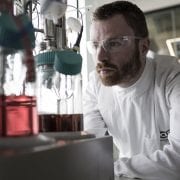
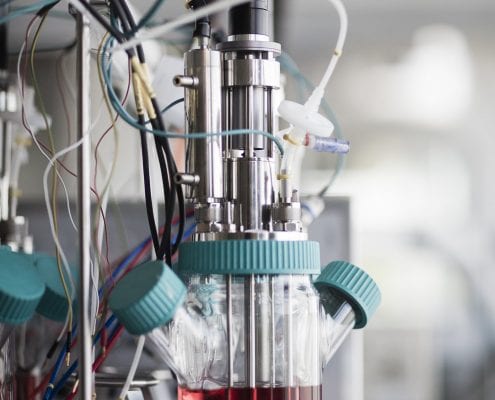
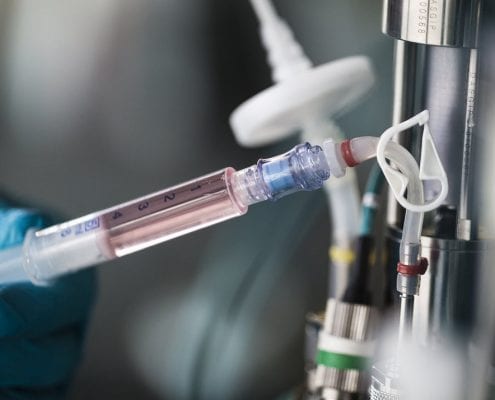
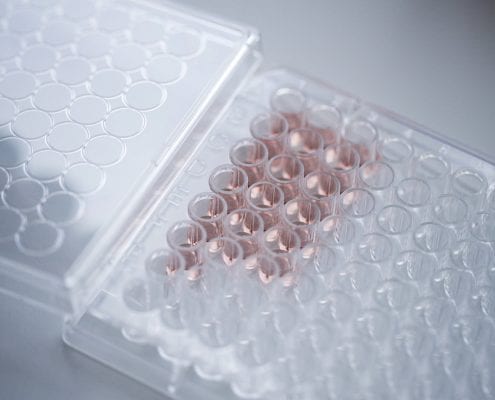
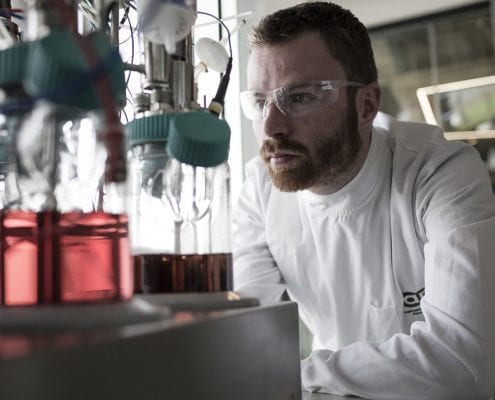
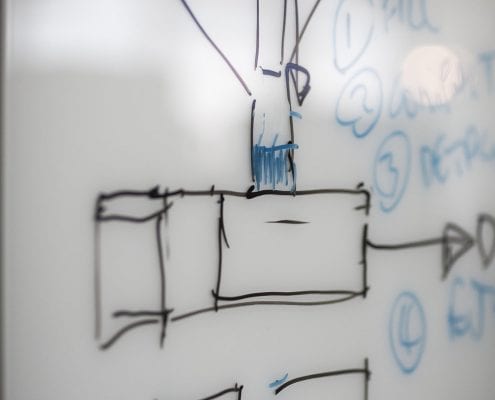
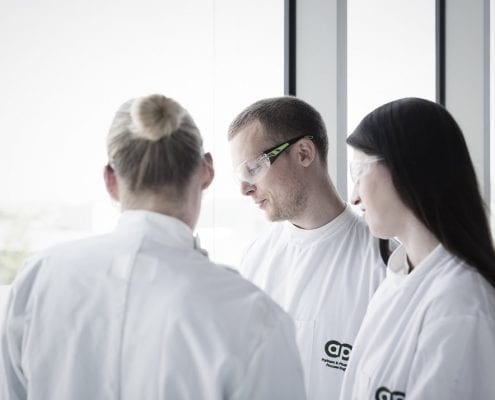
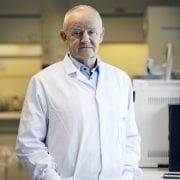
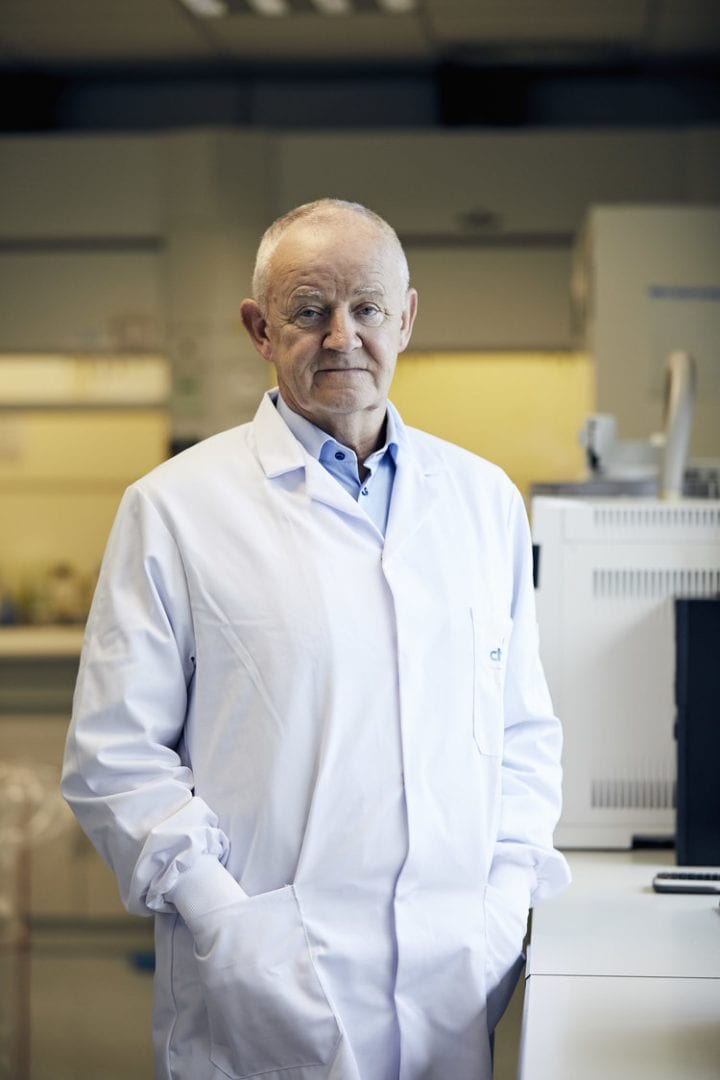
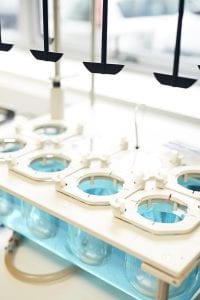
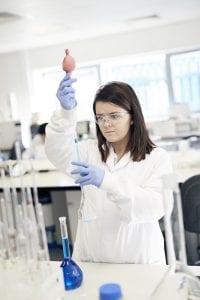
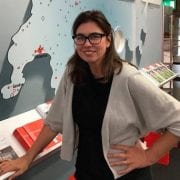

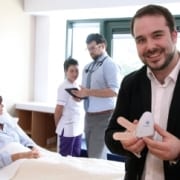
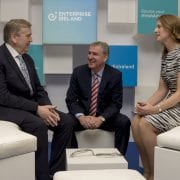
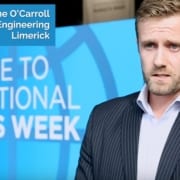
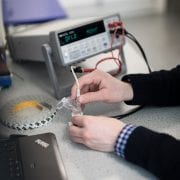
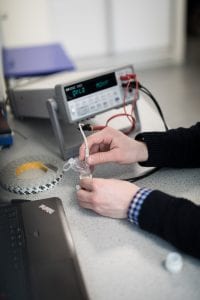 Having started in Galway in 1997, Aerogen has grown to the point where its innovative aerosol drug delivery solution has reached 75 markets around the world.
Having started in Galway in 1997, Aerogen has grown to the point where its innovative aerosol drug delivery solution has reached 75 markets around the world.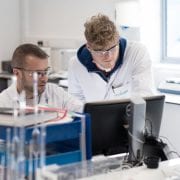

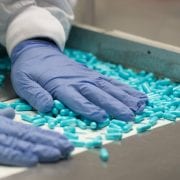
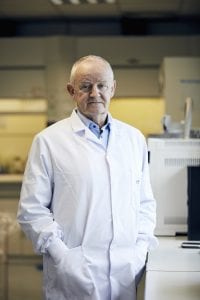

 Dr Amir Kordvani, a senior associate with international law firm Clyde & Co, advises on sectoral investments across the Middle East and recently undertook a detailed look at the potential Iran offers to companies across the business spectrum. “What Iranian businesses are looking for, and it will be a requirement to any procurement proposal, is to show that you are bringing the very latest know-how and technology to the country. They are not interested in something from 10 years ago,” he says.
Dr Amir Kordvani, a senior associate with international law firm Clyde & Co, advises on sectoral investments across the Middle East and recently undertook a detailed look at the potential Iran offers to companies across the business spectrum. “What Iranian businesses are looking for, and it will be a requirement to any procurement proposal, is to show that you are bringing the very latest know-how and technology to the country. They are not interested in something from 10 years ago,” he says.
